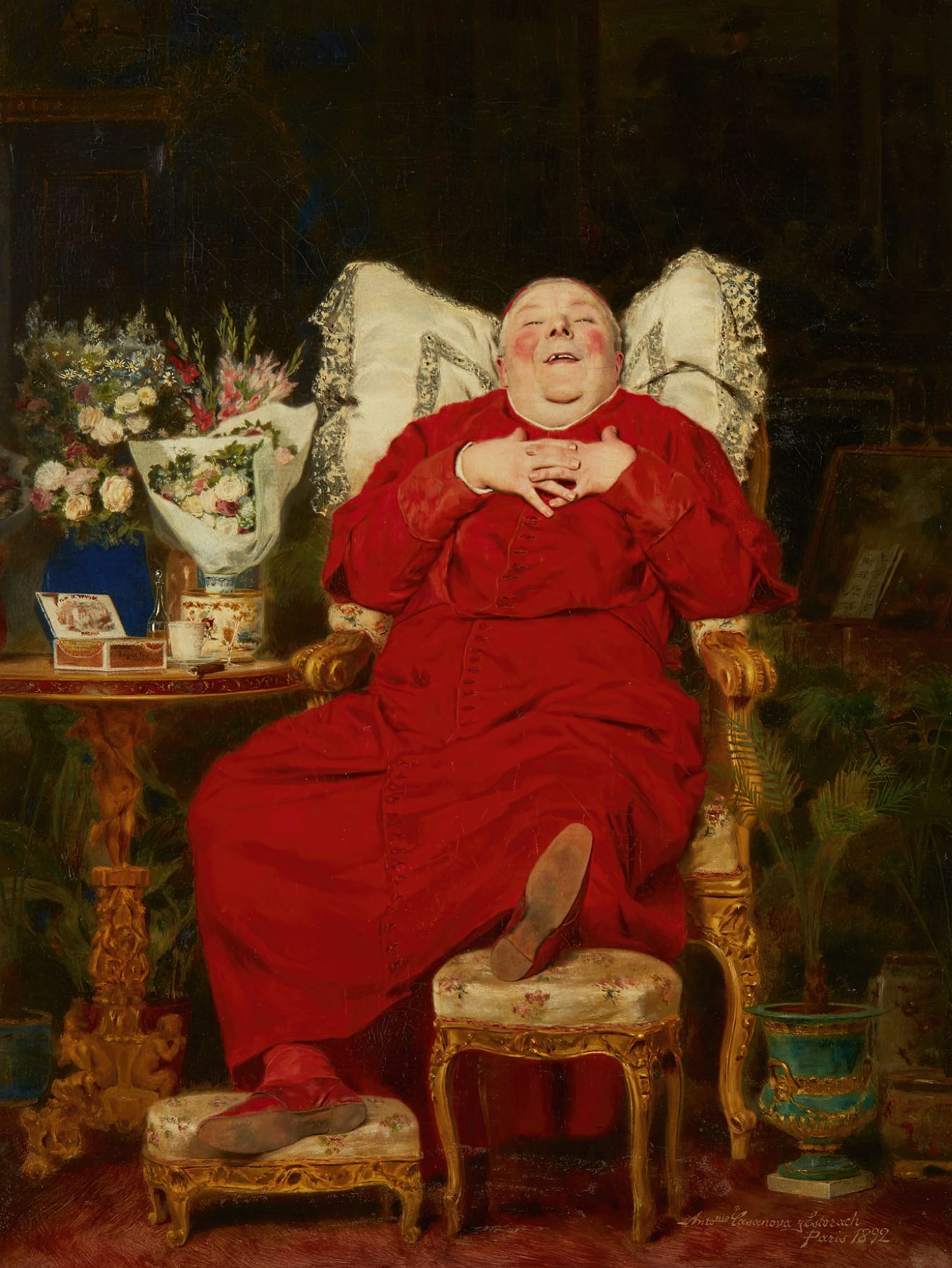
This week, Damir stages an intervention for Shadi.
Lately, Shadi’s become gradually detached from the world of current events and political media. Damir probes to understand why, therein unraveling an episode that goes off the beaten path to discuss progress, happiness and meaning at a time when everything feels existential.
Shadi maintains that while he isn’t divorcing himself from the commentariat, he’s recognizing the limited fulfillment political awareness can deliver — particularly when progress can never seem to be satiated.
Scoffing at Damir’s notion he’s become a conservative, Shadi laments what he sees as more pressing matters, including crime and the unintended impacts of legal marijuana dispensaries in D.C. All of this prompts Damir to press Shadi on how he reconciles this detachment with participation in democracy.
In the full episode (for paying subscribers only), the guys pivot toward a critique of the mental health subculture. Damir believes the level of introspection offered by therapy may make us more miserable. Shadi agrees and questions how healthy it is that we seem to be seeking out more reasons to seek therapy. The pod ends on a higher note, however, with Damir and Shadi finding contentment in pursuing Wisdom of Crowds’ mission.
Paying subscribers will also be able to watch the whole conversation on video and take note of our facial expressions. We’re really excited to be offering this new subscriber benefit, so please consider joining us.
Required Reading:
* The Open Letter to President Biden that Shadi helped organize on Tunisia.
* “Is It Enough to Tie Your Camel and Trust in God?” by Shadi Hamid (Wisdom of Crowds).
* Oliver Traldi's tweet thread
* “Pot and Pathology,” by Charles Fain Lehman (Institute For Family Studies).
* “How I Changed my Mind About Marijuana,” by Charles Fain Lehman on his Substack, The Causal Fallacy.
* “You’re Better Off Not Knowing,” by Shadi Hamid (The Atlantic).
* Four Thousand Weeks: Time Management for Mortals, by Oliver Burkeman (Amazon).
* The Unbearable Lightness of Being: A Novel, by Milan Kundera (Amazon).
* “ChatGPT and Me,” by Damir Marusic (Wisdom of Crowds).
* “How AI could change computing, culture and the course of history,” (The Economist).
* Shadi Hamid’s essay on suicide (Washington Examiner).
* “It’s not too late: How to save Tunisian democracy,” by Shadi Hamid and Sharan Grewal (Brookings Institution).
Wisdom of Crowds is a platform challenging premises and understanding first principles on politics and culture. Join us!
More Episodes
 2021-01-14
2021-01-14
 2021-01-09
2021-01-09
 2020-12-19
2020-12-19
 2020-11-22
2020-11-22
 2020-11-01
2020-11-01
 2020-10-08
2020-10-08
 2020-09-27
2020-09-27
 2020-09-18
2020-09-18
 2020-09-11
2020-09-11
 2020-07-16
2020-07-16
Create your
podcast in
minutes
- Full-featured podcast site
- Unlimited storage and bandwidth
- Comprehensive podcast stats
- Distribute to Apple Podcasts, Spotify, and more
- Make money with your podcast
It is Free
- Privacy Policy
- Cookie Policy
- Terms of Use
- Consent Preferences
- Copyright © 2015-2024 Podbean.com






